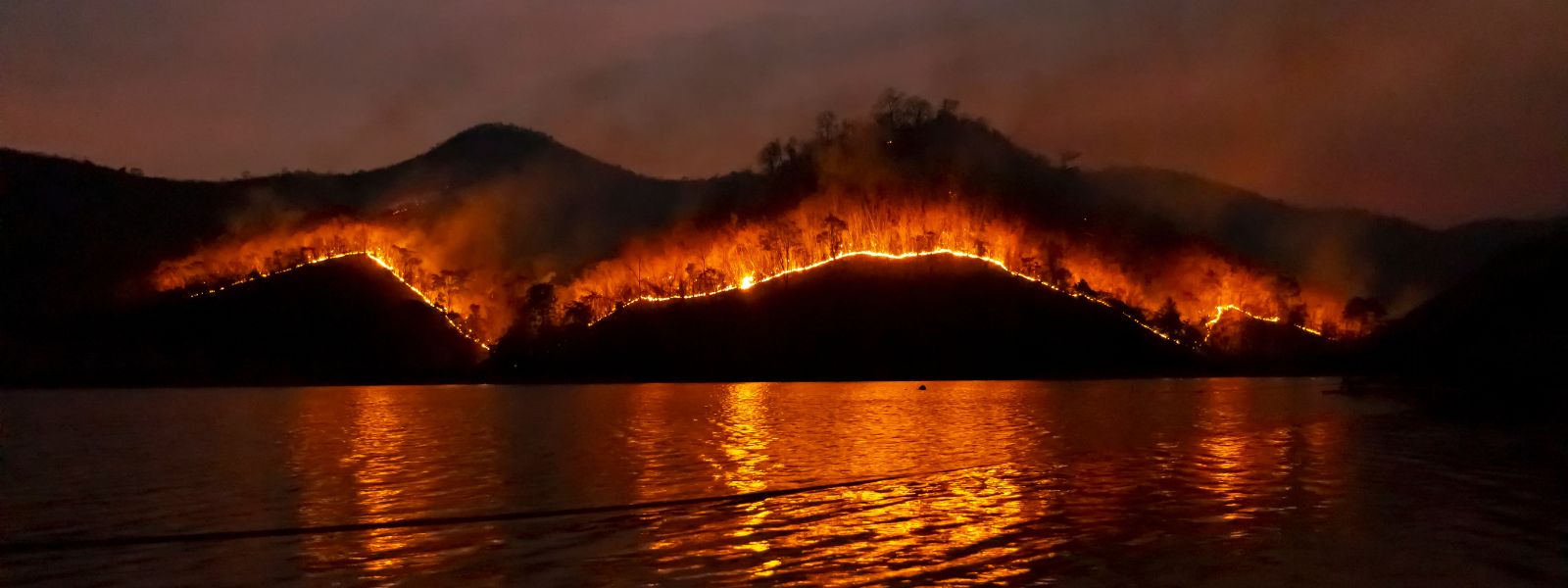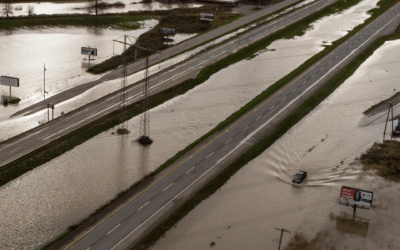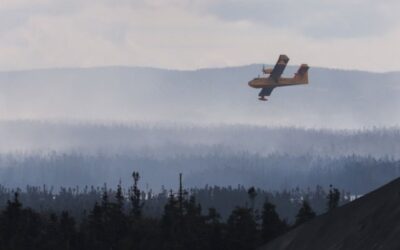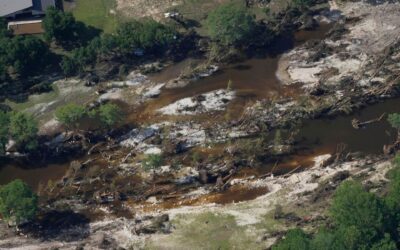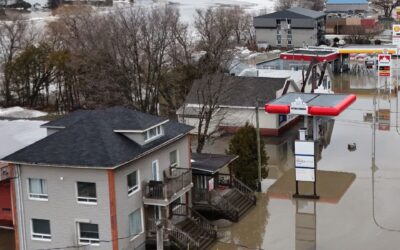Originally published in The National Observer.
Experiencing the climate crisis? Actively pretending everything is fine despite recent climate and extreme weather events? Feeling isolated in your worries about climate change and the future? Feeling grief and trying to navigate climate change in your work? We hope you will read on.
Dear reader,
By now, you have undoubtedly borne witness to the symptoms of the climate crisis. The fires, droughts, flooding and other extreme weather events are all markers of drastic and devastating environmental change. Rightfully so, the news is everywhere. Articles and journalists are calling this the challenge of our generation: Putting our energy towards a better, more sustainable future than the one we’re currently facing.
But what happens when we can’t find that energy within ourselves?
Terms such as climate anxiety, ecological grief and solastalgia — the distress caused by the environmental devastation of places we’re deeply connected to — are increasingly popular. Three out of every four Canadians feel that climate change impacts their mental health with anxiety about our rapidly warming climate, while one-third of Canadians feel hopeless about our ability to arrest that warming.
One place the toll is felt is in our workplaces. Reported burnout across all sectors is at a record high. It is extremely difficult to continue as normal in our jobs when our world is quite literally on fire.
Worse, climate anxiety and grief follow you home. In the past few years, the climate crisis has intersected with a global pandemic, economic disruption and war. It is not surprising that many of us facing climate catastrophe are now sitting with feelings of grief and anxiety.
This summer’s wildfires have been particularly damaging to mental health. Research has shown that smells enhance autobiographical memories and trigger trauma-related flashbacks and that rates of PTSD, depression and generalized anxiety climb after wildfires and remain elevated for years after.
As two professionals working in climate research, we are too familiar with the mental, physical and emotional toll this crisis takes. For one of us, the irony of being diagnosed with melanoma while working in climate research is not lost. For the other, being diagnosed with a chronic stress-related illness at a very young age really drives home the importance of taking care of our well-being. The impacts of a worsening climate crisis — ranging from rising mental health costs, new viruses, spreading Lyme disease and increased asthma and cancer rates — will only further burden an already stressed health-care system.
The Canadian Climate Institute’s Health Costs of Climate Change report finds that climate change will cost Canada’s health-care system billions of dollars and reduce economic activity by tens of billions of dollars over the coming decades. We know mental illness in Canada is already a critical issue, with major social and economic implications. Productivity losses associated with depression cost about $34 billion a year in Canada; anxiety is estimated to cost $17 billion per year. An increase in the rates of mental illness caused by climate change could therefore carry major costs.
Our lives, memories, cultures and hopes are inextricably tied to the land and the places we love. For some in Canada, the connection is a newer one, while for others, this connection is foundational and has been in place for generations. But no matter how you connect to the land, watching it transform so quickly has many of us struggling and looking for support.
From climate grief to climate wellness: A way forward
Many of the online resources we’ve found for coping with big climate feelings are rooted in exercises designed to draw your attention to other things, rather than sitting with the crisis and being in your own body. These strategies can be incredibly helpful and have their place in being well and able to meet the challenges of today. However, if a fire alarm is ringing, strategies for distracting yourself from the upsetting sound are only so useful.
In other words, it becomes easy to neglect what your body is telling you and fail to take the actions necessary to protect yourself. We must instead sit with our feelings and slow down — to process, grieve and connect to the world we live in — so that we can respond as the situation demands.
Climate anxiety can feel extremely isolating, but far more people are experiencing it than we might realize. Validating and speaking openly about these feelings are particularly important for those of us working in climate-related fields — including touchpoints like industry, health care, and even teaching. Working in climate-related fields can create a sense of urgency in the workplace that often compounds the stress. We may feel that if we aren’t working on the problem at all hours of the day, we are wasting valuable time and energy that should be spent on putting out the metaphorical (and literal!) fires.
In reality, the depth of climate impacts on wellness and health can no longer be pushed aside or toughed out by working harder. Prioritizing wellness and well-being is, and needs to be, better recognized as a part of climate work, workplace policies and climate action.
Once we are able to process, accept and move through our climate emotions, we can arrive at a place where we are able to practise agency and have impact. In other words, we can decide when to engage and use our energies and when we need to rest and recover. The act of choosing to put ourselves in these spaces — as much as we are ready and able — creates both healthier work environments and healthier people within them, reducing rates of burnout and stress.
Discussing climate feelings and prioritizing wellness can create the space for more people to access needed resources and support while fostering a safer space for all to build connections. The way forward is together.
So take your time and sit with your feelings.
Stop and smell the roses — or as the Reddit and TikTok meme has it: Have a banana and sit outside for a while. The work will still be there when you’re done, and you might find you’ve got a little more spirit for it.
Two climate-hopeful folks,
Janna and Maria
Janna Wale is a member of Gitanmaax First Nation and is also Cree-Métis. As an Indigenous climate researcher, she has been acutely aware of the impacts of the climate crisis on her home, her family and her culture. She is actively prioritizing her well-being and is making efforts to be more vocal about the social impacts of the climate crisis, which are affecting our youth in particular. She is a policy adviser at the Canadian Climate Institute.
Maria Shallard is of mixed settler descent with ancestral ties to Penelakut First Nation through her grandfather. She is passionate about the well-being of the land and waters, having witnessed impacts on places she calls home and cares about providing a future that is grounded in holistic health for the next seven generations. She is a senior adviser, Indigenous partnerships and research, at the Canadian Climate Institute.
